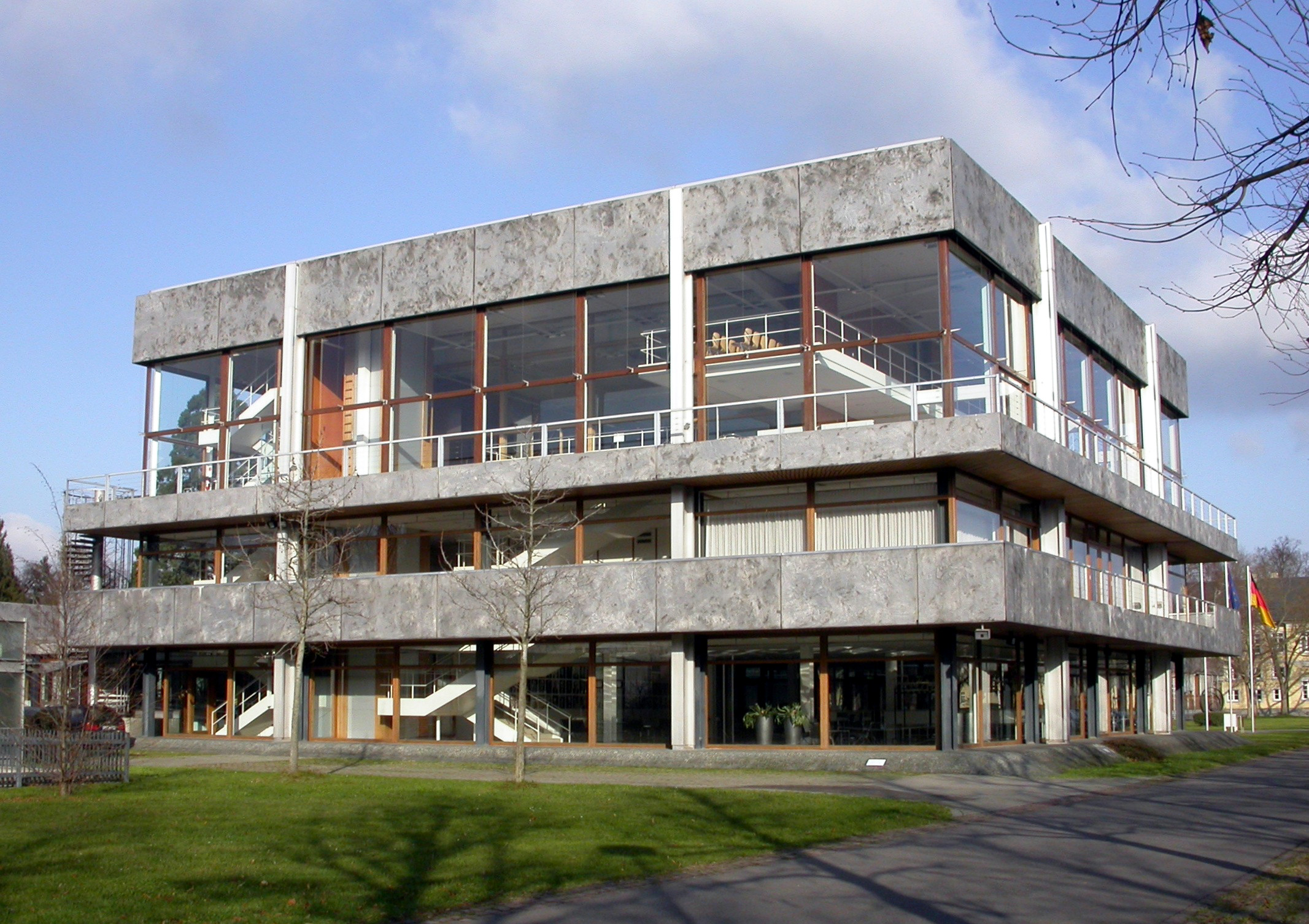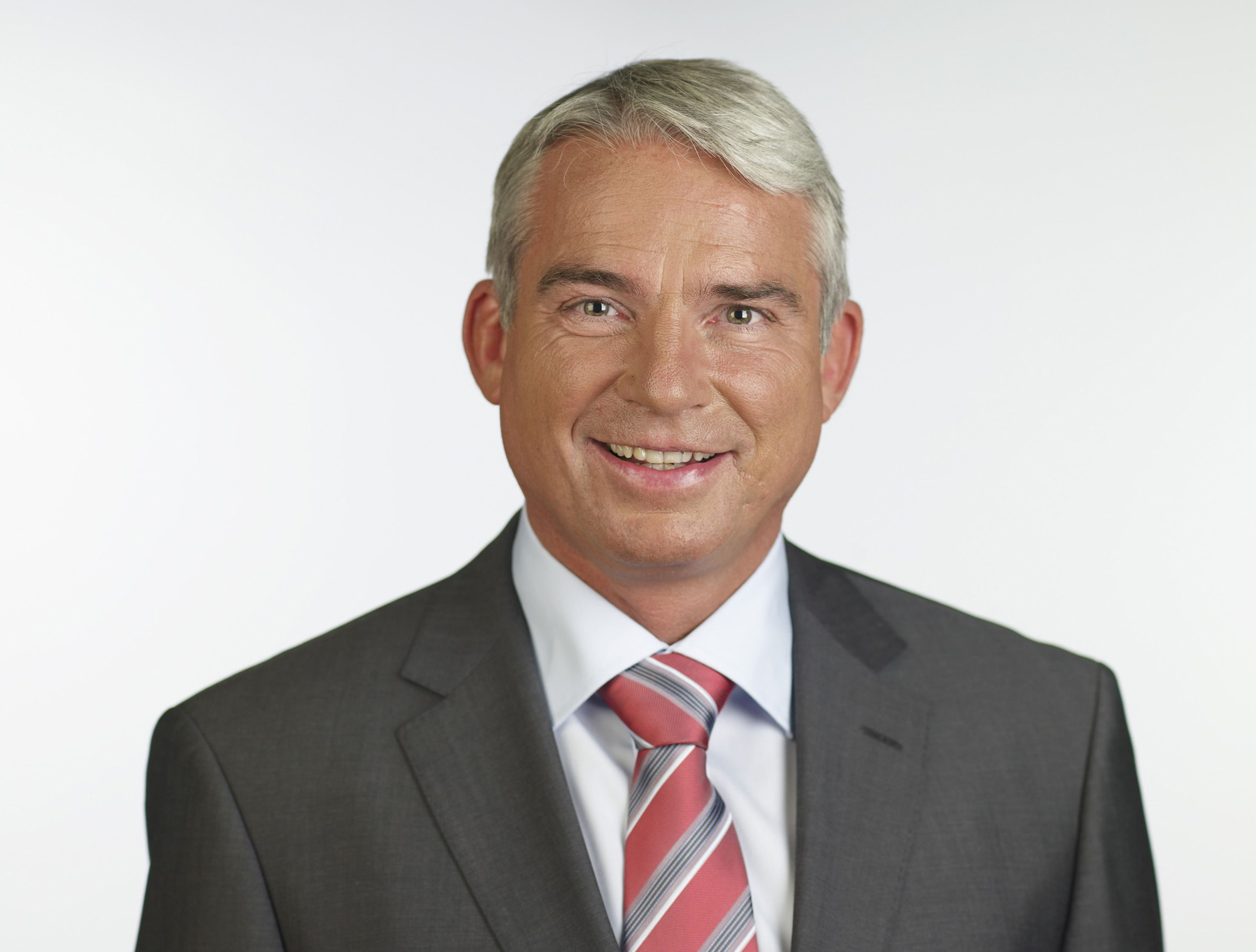|
South Baden
South Baden (german: Südbaden; ), formed in December 1945 from the southern half of the former Republic of Baden, was a subdivision of the French occupation zone of post-World War II Germany. The state was later renamed to Baden and became a founding state of the Federal Republic of Germany (West Germany, today simply Germany) in 1949. In 1952, Baden became part of the modern German state of Baden-Württemberg. Formation At the Yalta Conference in 1945, France was allocated an occupation zone for the administration of post-war Germany. The south-west of Germany – previously consisting of Baden, Württemberg and the Prussian province of Hohenzollern – was divided between France in the south and the United States in the north. The border between the two zones was set so that the Autobahn connecting Karlsruhe and Munich (today the A8) was completely contained within the American zone; Bavaria was also placed under American administration. In the French zone, Hohenzollern a ... [...More Info...] [...Related Items...] OR: [Wikipedia] [Google] [Baidu] |
Allied Occupation Zones In Germany
Germany was already de facto occupied by the Allies from the real fall of Nazi Germany in World War II on 8 May 1945 to the establishment of the East Germany on 7 October 1949. The Allies (United States, United Kingdom, Soviet Union, and France) asserted joint authority and sovereignty at the 1945 Berlin Declaration. At first, defining Allied-occupied Germany as all territories of the former German Reich before Nazi annexing Austria; however later in the 1945 Potsdam Conference of Allies, the Potsdam Agreement decided the new German border as it stands today. Said border gave Poland and the Soviet Union all regions of Germany (eastern parts of Pomerania, Neumark, Posen-West Prussia, Free City of Danzig, East-Prussia & Silesia) east of the Oder–Neisse line and divided the remaining "Germany as a whole" into the four occupation zones for administrative purposes under the three Western Allies (the United States, the United Kingdom, and France) and the Soviet Union. Althoug ... [...More Info...] [...Related Items...] OR: [Wikipedia] [Google] [Baidu] |
Bavaria
Bavaria ( ; ), officially the Free State of Bavaria (german: Freistaat Bayern, link=no ), is a state in the south-east of Germany. With an area of , Bavaria is the largest German state by land area, comprising roughly a fifth of the total land area of Germany. With over 13 million inhabitants, it is second in population only to North Rhine-Westphalia, but due to its large size its population density is below the German average. Bavaria's main cities are Munich (its capital and largest city and also the third largest city in Germany), Nuremberg, and Augsburg. The history of Bavaria includes its earliest settlement by Iron Age Celtic tribes, followed by the conquests of the Roman Empire in the 1st century BC, when the territory was incorporated into the provinces of Raetia and Noricum. It became the Duchy of Bavaria (a stem duchy) in the 6th century AD following the collapse of the Western Roman Empire. It was later incorporated into the Holy Roman Empire, be ... [...More Info...] [...Related Items...] OR: [Wikipedia] [Google] [Baidu] |
Federal Constitutional Court Of Germany
The Federal Constitutional Court (german: link=no, Bundesverfassungsgericht ; abbreviated: ) is the supreme constitutional court for the Federal Republic of Germany, established by the constitution or Basic Law () of Germany. Since its inception with the beginning of the post-World War II republic, the court has been located in the city of Karlsruhe, which is also the seat of the Federal Court of Justice. The main task of the Federal Constitutional Court is judicial review, and it may declare legislation unconstitutional, thus rendering them ineffective. In this respect, it is similar to other supreme courts with judicial review powers, yet the court possesses a number of additional powers and is regarded as among the most interventionist and powerful national courts in the world. Unlike other supreme courts, the constitutional court is not an integral stage of the judicial or appeals process (aside from cases concerning constitutional or public international law), and do ... [...More Info...] [...Related Items...] OR: [Wikipedia] [Google] [Baidu] |
Minister-president
A minister-president or minister president is the head of government in a number of European countries or subnational governments with a parliamentary or semi-presidential system of government where they preside over the council of ministers. It is an alternative term for prime minister, premier, chief minister, or first minister and very similar to the title of president of the council of ministers. Terminology In English-speaking countries, similar institutions may be called premiers or first ministers (typically at the subnational level) or prime ministers (typically at the national level). The plural is sometimes formed by adding an ''s'' to ''minister'' and sometimes by adding an ''s'' to ''president''. The term is used, for instance, as a translation (calque) of the German word ''Ministerpräsident''. Austria From 1867 to 1918, the first minister of the government was known as ''Ministerpräsident'' (minister-president), before that ''Staatskanzler'' (state chance ... [...More Info...] [...Related Items...] OR: [Wikipedia] [Google] [Baidu] |
Grand Coalition
A grand coalition is an arrangement in a multi-party parliamentary system in which the two largest political parties of opposing political ideologies unite in a coalition government. The term is most commonly used in countries where there are two dominant parties with different ideological orientations, and a number of smaller parties that have passed the electoral threshold to secure representation in the parliament. The two large parties will each try to secure enough seats in any election to have a majority government alone, and if this fails each will attempt to form a coalition with smaller parties that have a similar ideological orientation. Because the two large parties will tend to differ on major ideological issues, and portray themselves as rivals, or even sometimes enemies, they will usually find it more difficult to agree on a common direction for a combined government with each other than with smaller parties. Causes of a grand coalition Occasionally circumstances ... [...More Info...] [...Related Items...] OR: [Wikipedia] [Google] [Baidu] |
Communist Party Of Germany
The Communist Party of Germany (german: Kommunistische Partei Deutschlands, , KPD ) was a major political party in the Weimar Republic between 1918 and 1933, an underground resistance movement in Nazi Germany, and a minor party in West Germany in the postwar period until it was banned by the Federal Constitutional Court in 1956. Founded in the aftermath of the First World War by socialists who had opposed the war, the party joined the Spartacist uprising of January 1919, which sought to establish a soviet republic in Germany. After the defeat of the uprising, and the murder of KPD leaders Rosa Luxemburg, Karl Liebknecht and Leo Jogiches, the party temporarily steered a more moderate, parliamentarian course under the leadership of Paul Levi. During the Weimar Republic period, the KPD usually polled between 10 and 15 percent of the vote and was represented in the national and in state parliaments. Under the leadership of Ernst Thälmann from 1925 the party became thorou ... [...More Info...] [...Related Items...] OR: [Wikipedia] [Google] [Baidu] |
Social Democratic Party Of Germany
The Social Democratic Party of Germany (german: Sozialdemokratische Partei Deutschlands, ; SPD, ) is a centre-left social democratic political party in Germany. It is one of the major parties of contemporary Germany. Saskia Esken has been the party's leader since the 2019 leadership election together with Lars Klingbeil, who joined her in December 2021. After Olaf Scholz was elected chancellor in 2021 the SPD became the leading party of the federal government, which the SPD formed with the Greens and the Free Democratic Party, after the 2021 federal election. The SPD is a member of 11 of the 16 German state governments and is a leading partner in seven of them. The SPD was established in 1863. It was one of the earliest Marxist-influenced parties in the world. From the 1890s through the early 20th century, the SPD was Europe's largest Marxist party, and the most popular political party in Germany. During the First World War, the party split between a pro-war main ... [...More Info...] [...Related Items...] OR: [Wikipedia] [Google] [Baidu] |
CDU Baden-Württemberg
The CDU Baden-Württemberg is the political party with the most members in the German state of Baden-Württemberg and the second largest state party (in German, ''Landespartei'' or ''Landesverband'') of the Christian Democratic Union of Germany with almost 65,000 members. Its chairman is Thomas Strobl, who succeeded Stefan Mappus after the lost 2011 election. Its predecessors were the Badische Christlich-Soziale Volkspartei (BCSV), the Christlich-demokratische Partei (CDP), and the Christlich-Soziale Volkspartei. The state party was founded in January 1971, when the state parties of CDU Nordbaden, Südbaden, Nordwürttemberg, and Württemberg-Hohenzollern merged into a single party. The first chairman was Hans Filbinger. The CDU has been the governing party of Baden-Württemberg continuously from 1953 to 2011, the year Winfried Kretschmann Winfried Kretschmann (born 17 May 1948) is a German politician serving as Minister-President of Baden-Württemberg since 2011. A mem ... [...More Info...] [...Related Items...] OR: [Wikipedia] [Google] [Baidu] |
Christian Democratic Union (Germany)
The Christian Democratic Union of Germany (german: link=no, Christlich Demokratische Union Deutschlands ; CDU ) is a Christian democracy, Christian democratic and Liberal conservatism, liberal conservative List of political parties in Germany, political party in Germany. It is the major Big tent, catch-all party of the centre-right in Politics of Germany, German politics. Friedrich Merz has been federal chairman of the CDU since 31 January 2022. The CDU is the second largest party in the Bundestag, the German federal legislature, with 152 out of 736 seats, having won 18.9% of votes in the 2021 German federal election, 2021 federal election. It forms the CDU/CSU Bundestag faction, also known as the Union, with its Bavarian counterpart, the Christian Social Union in Bavaria (CSU). The group's parliamentary leader is also Friedrich Merz. Founded in 1945 as an interdenominational Christian party, the CDU effectively succeeded the pre-war Catholic Centre Party (Germany), Centre Part ... [...More Info...] [...Related Items...] OR: [Wikipedia] [Google] [Baidu] |
Leo Wohleb
Leo or Léo may refer to: Acronyms * Law enforcement officer * Law enforcement organisation * ''Louisville Eccentric Observer'', a free weekly newspaper in Louisville, Kentucky * Michigan Department of Labor and Economic Opportunity Arts and entertainment Music * Leo (band), a Missouri-based rock band that was founded in Cleveland, Ohio * L.E.O. (band), a band by musician Bleu and collaborators Film * ''Leo'' (2000 film), a Spanish film by José Luis Borau * ''Leo'' (2002 film), a British-American drama film * ''Leo'', a 2007 Swedish film by Josef Fares * ''Leo'' (2012 film), a Kenyan film * Leo the Lion (MGM), mascot of the Metro-Goldwyn-Mayer movie studio Television * Leo Awards, a British Columbian television award * "Leo", an episode of ''Being Erica'' * Léo, fictional lion in the animation '' Animal Crackers'' * ''Léo'', 2018 Quebec television series created by Fabien Cloutier Companies * Leo Namibia, former name for the TN Mobile phone network in Namibia * ... [...More Info...] [...Related Items...] OR: [Wikipedia] [Google] [Baidu] |

